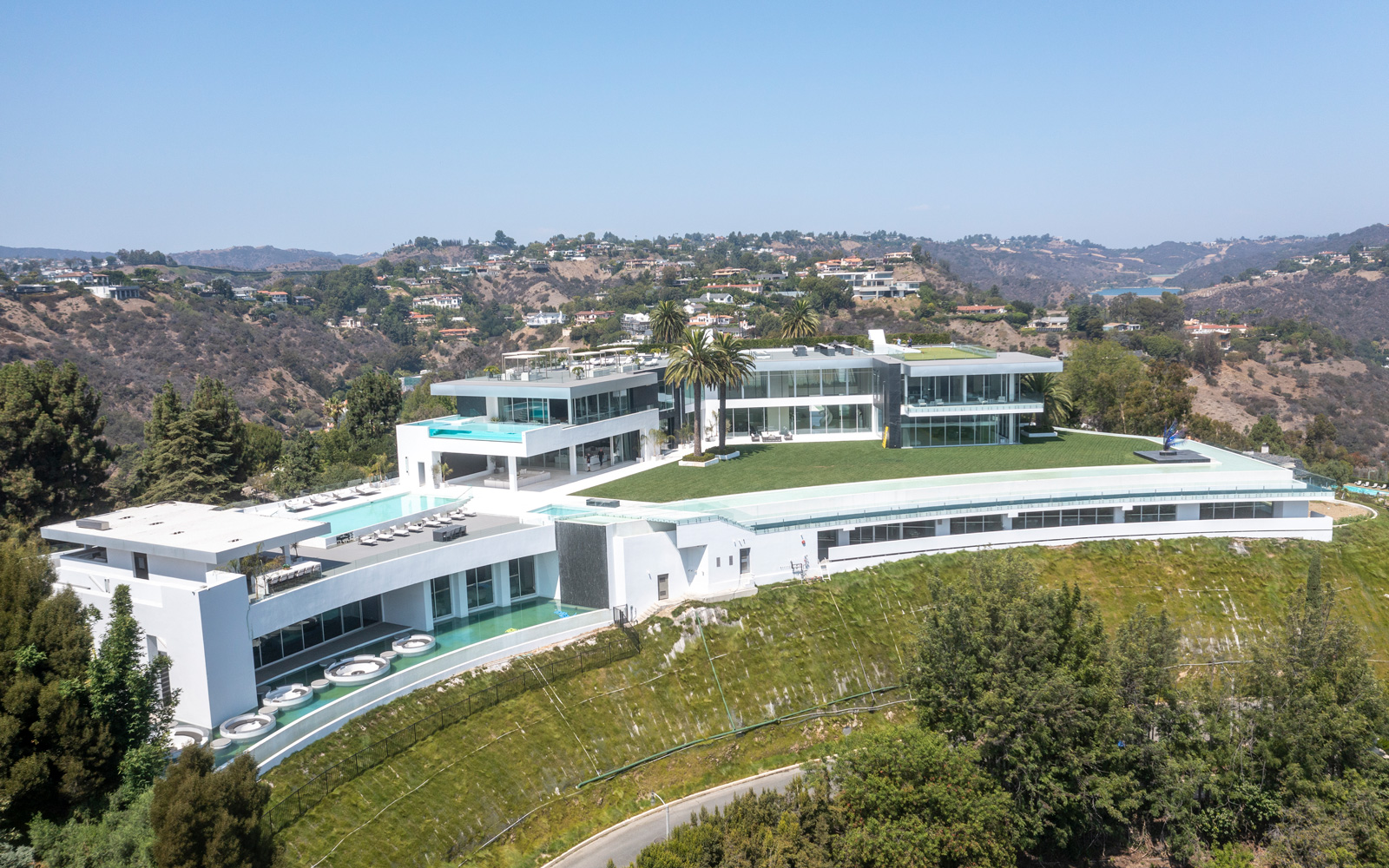Part-time real estate financier and full-time auto-loan billionaire Don Hankey is collecting a different sort of interest since his $175 million loan to Donald Trump became public.
Hankey posted the appeals bond — terms were not disclosed — on April 1 through his Knight Speciality Insurance Company in Los Angeles for the former president’s pending legal judgment in New York. In the days since, Hankey profiles have appeared on CBS News, Bloomberg and the Los Angeles Times.
According to Forbes, Hankey is worth $7.4 billion, more than Trump. The two men have never spoken in person or by phone, but Hankey said he has voted for Trump, Bloomberg reported.
He clarified that politics didn’t affect his decision to post the bond. “This is a business deal and this is what we do,” Hankey said.
For the bond, Hankey said the former president’s legal team provided 100 percent cash for collateral after an initial offer of 20 percent cash and 80 percent investment-grade bonds.
Trump told Bloomberg he reached out to 30 companies that would not accept real estate as collateral, stipulating only cash, in his search for financing.

Hankey made his fortune in subprime auto loans and hard-money lending, but he has engaged in development financing, often in distress situations. For example, Hankey Capital made loans totaling about $100 million on the Bel-Air megamansion called The One. The 100,000-square-foot home ended in bankruptcy, a $126 million auction sale and multiple lawsuits. Hankey said his company has received much of what it is owed, according to the Los Angeles Times.
Last month, Hankey provided $250 million for a Beverly Grove multifamily development from Madison Realty Capital. Hankey also provided money to Westside developer Neil Shekhter, who gave 28 properties back to lenders in January by signing deed-in-lieu of foreclosure. Hankey took possession of six properties.
According to the Los Angeles Times, the Trump transaction is Hankey’s first appeal bond. He didn’t disclose the price, usually a percentage of the principal, but said the margin “was very small” because the amount was large and he perceived little risk.
“We had the collateral so we gave him a good rate,” Hankey said.
